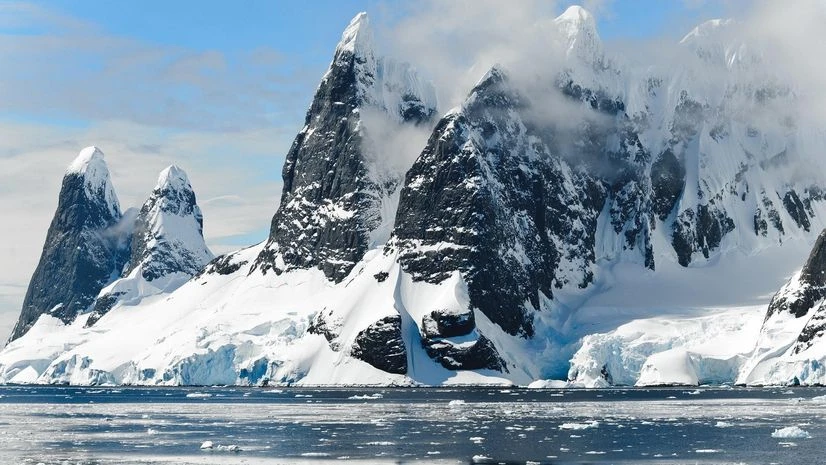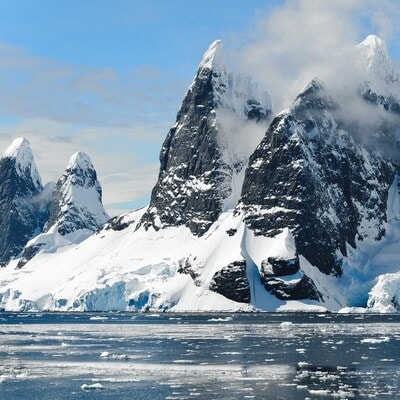)
Antarctica is “drastically” turning green, a trend that has accelerated by more than 30 percent in recent years.
Antarctica is turning green “drastically”, with the trend accelerating by more than 30 per cent in recent years compared to the past 30 years, a new study has found.
Researchers found that between 1986 and 2021, the area of vegetation across the Antarctic Peninsula increased by more than 10 times (from less than 1 square kilometer to almost 12 square kilometers).
Click here to contact us on WhatsApp
Researchers, including those from the University of Exeter in the UK, used satellite data to estimate the rate of “greening” of the Antarctic Peninsula in response to climate change.
“This recent acceleration in the rate of change in vegetation cover (from 2016 to 2021) is consistent with a marked decline in Antarctic sea ice extent during the same period,” the authors write in the journal Nature Geoscience. This is stated in the published study.
The study provides evidence that a widespread greening trend is underway and accelerating across the Antarctic Peninsula, the researchers said.
We know that Antarctica is warming faster than the global average, making extreme heat events more common.
“The plants found on the Antarctic Peninsula are mostly mosses, growing in perhaps the harshest conditions on Earth,” said lead author Thomas Rowland from the University of Exeter.
Plants still inhabit a small portion of the landscape, which is still dominated by snow, ice, and rock, but that small portion has grown “dramatically” and even this vast, isolated “wilderness” It has been shown to be influenced by humans. Rowland said it caused climate change.
Corresponding author Oliver Bartlett from the University of Hertfordshire in the UK said greening is likely to increase as the climate warms and ecosystems of these plants become more established.
“Most soils in Antarctica are poor or non-existent, but this increase in plants could add organic matter, promote soil formation and pave the way for other plants to grow,” Bartlett said. said.
The researchers called for further research examining the processes driving the greening trend and said the study raised serious concerns about Antarctica’s future.
“It is now clear that the vegetation of the Antarctic Peninsula is sensitive to climate change, and under future (anthropogenic) warming we will see fundamental changes in the biology and landscape of this iconic and fragile region. “There is a possibility that it will happen,” Roland said.
“To protect Antarctica, we need to understand these changes and pinpoint their causes,” he added.
(Only the headline and photo in this report may have been reworked by Business Standard staff. The rest of the content is auto-generated from a syndicated feed.)
First published: October 5, 2024 | 2:57 PM IST



